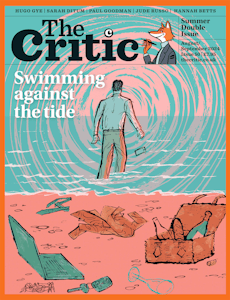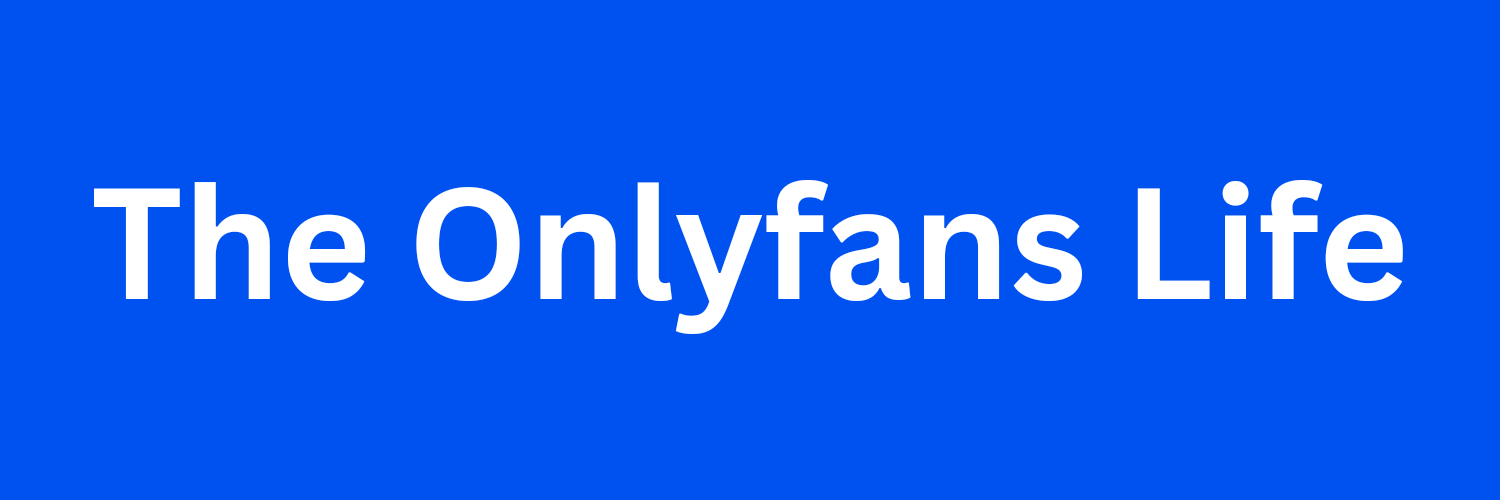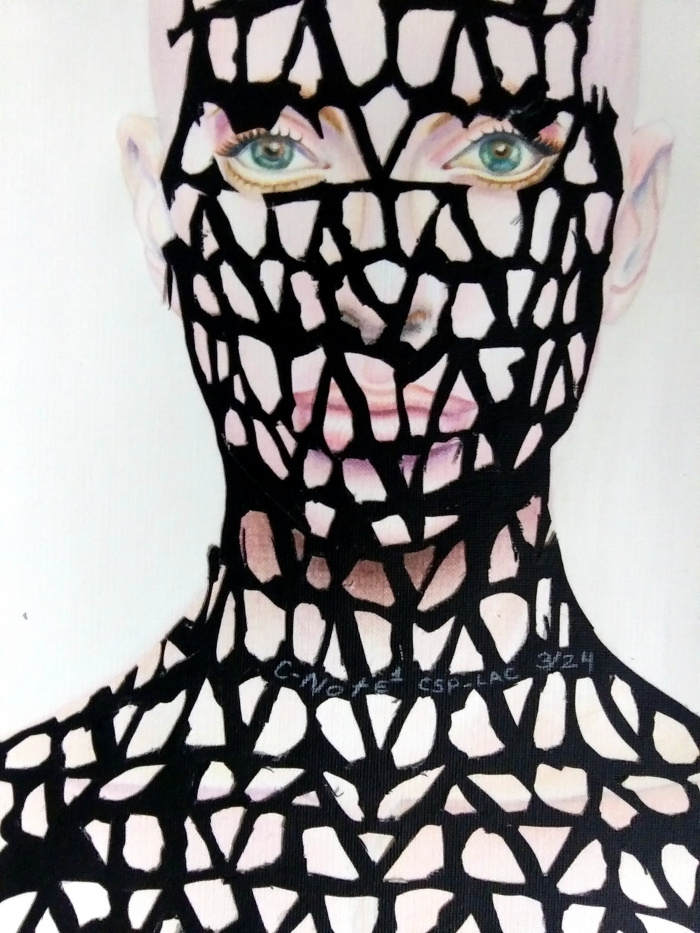Earlier this month, The Telegraph published a few news articles reporting on the professional athletes who have turned to OnlyFans as a side gig to earn extra income. The crux of the reports was that the idea of participating in the Olympic games for pride and glory might be an idealistic notion, but not a realistic one when contrasted with the paltry salaries the best and the strongest people in their competitive fields make in real pounds. In that context, selling personalised pornography could be reinterpreted as simply pragmatic, or “a side-hustle worth pursuing.” But is it?
Almost all the money stays in the hands of the top 10% earners who already have a high profile from previous careers
The salary of Olympic athletes is shockingly low, with one gold-medal winning diver representing Team Great Britain explaining: “The funding [in diving] hasn’t changed. When I first went on [in 2011], it was £21,000 for the top eight in the world. And at the time, as a 16-year-old, I was buzzing. But I’m almost 30 now, I’m top three in the world, and it is £28,000 a year.” Young people in the 30-39 age bracket, The Telegraph observes, are generally making £37,544 a year on average, so the measly pay does not justify the intense and exhausting work hours required of those select few who make it to the Olympic Games. To compensate, athletes are sharing “artistic portrayals of nudity” without feeling coerced into anything explicitly sexual or breaking down their boundaries.
In comparison to their peers, £28,000 may not seem much but it is hardly poverty. Athletes from poorer countries, who train with subpar infrastructure, facilities and coaching support due to the minimal funding their countries can allocate to sports, must make do with far less.
Indeed, my favourite aspect of the Olympic Games has rarely been the performances of remarkable sportspeople (which are pretty great), but the awe-inspiring background stories of men and women from around the world who overcome immense odds to earn a spot on the world stage. I’m such a softie for dreamers whose whole villages came together to raise enough money to send them to Paris, such as Pakistan’s Arshad Nadeem, or the story of Marileidy Paulino, a track and field sprinter who started running barefoot since her family couldn’t afford to buy her shoes, went on to practice with borrowed shoes and last week became the first woman from the Dominican Republic to win a gold medal at the Olympics. Or the heartwarming tale of weightlifter Jeison Lopez who used to sell candy in the streets of Colombia with his aunt to raise money for the bus so he could attend practice and has now earned himself medals and acclaim.
Must these tales become substituted by a culture in which the athletes themselves are also bought and sold in a pornified marketplace?
Articles that promote the pornification of the Olympics sometimes offer rather garish galleries of what people can expect from the OnlyFans of several Olympic athletes. The promotion of half-naked sportspeople next to the prices they charge for personalised pornography (some titled “Olympians on OnlyFans and what they offer”) read as dangerously close to propaganda for the sex industry.
OnlyFans is touted in the media as a viable option for people eager to make money, but the reality is that stories of content creators making hundreds of thousands of pounds are extremely rare. Almost all the money stays in the hands of the top 10% earners who already have a high profile from previous careers in movies, porn or sports, while the average content creators tends to make less than £150 pounds per month.
OnlyFans is made up, predominantly, of young women who are then exposed to stalking, harassment and abuse from obsessive subscribers who delude themselves into believing they have a personalised relationship with them. The sex industry is already being irresponsibly promoted by academia and by celebrity culture. The last thing society needs is Olympic athletes trivialising a sex industry in which content producers are most likely to encounter abuse, violence and exploitation rather than fame and fortune.
Because OnlyFans is virtual, people tend to assume this means it is innocuous, but that is not the case. Until some years ago, I too believed the myth that personalised pornography was a less harmful form of prostitution. That is until I was taught better by a woman who was trying to make a living doing just that.
This was at a service for prostituted women whose main purpose was to encourage peer support among women in the sex industry. I would always make myself busy cleaning toilets and scrubbing showers so the women could clean themselves up, but the service-users loved to talk to the staff members and volunteers so there was lots of chatting all over the place. I remember vividly one day when I was wiping tables and a woman sat right next to me. She was young, but looked decades older. Her infectious laughter and ebullient personality belied the tiny frame of an increasingly frail woman. It was evident from a mile away that she was unwell and malnourished, but sex buyers did not care and continued to seek her out. Others remark how sickly she looked, expressing concern and she replied: “It’s the camming. It’s so much worse than the streets.”
A gig economy where attention is fleeting, content is indelible and the damage could be everlasting
In personalised pornography, men are not paying women just to see their tits. They can get that anywhere for free. According to the service user, sex buyers were paying women to insert any number of objects in all orifices women have and to engage in increasingly dangerous sex acts with other, equally vulnerable people on camera. The phone or computer may give the pretence of virtuality, but the physical acts can be just as demanding on women’s bodies. The paying customer can detach himself by closing the laptop, but women’s bodies pay the price.
Discussing how she had managed to make OnlyFans work for her, one Olympian has shared:
I use it as engagement for fans that have been with me for a long time. Once… you are using it in the way that you are comfortable with, you’re not forced into things or doing things you don’t want to do, you can use it in the way you want to use it.
Olympic athletes can set boundaries about what they are comfortable sharing and what they consider to be beyond the pale because they have a competitive advantage that the rest of us do not have: they are Olympians, and as such, they already stand out from the crowd.
The relatively paltry salaries of Olympic athletes do not justify the glorification of a sex industry where far from raking in fortunes, average people are most likely to find their sexually explicit material on the internet forever, with dwindling employment opportunities and pressure to perform more extreme and degrading sex acts in an effort to compete against over 1.5 million other content creators for an audience of over 170 million subscribers.
To people struggling to make ends meet, the bombardment of sex industry propaganda, with its deceitful promise of thousands of pounds in exchange of “tasteful pictures” feels like cruelty. In that context, promoting prostitution via the high-profile example of exceptional athletes, is irresponsible.
Olympic athletes, the international cohort of chosen few who already have bragging rights and acclaim due to their awe-striking physical prowess, dexterity and discipline, will always have an audience on the personalised pornography economy. It is the sea of anonymous people we should be worried about; the ordinary men and women (but overwhelmingly women) who are competing not among a mere hundred, but against 1.5 million other content creators in a gig economy where attention is fleeting, content is indelible and the damage could be everlasting.
Enjoying The Critic online? It’s even better in print
Try five issues of Britain’s newest magazine for £10

This post was originally published on this site be sure to check out more of their content.






